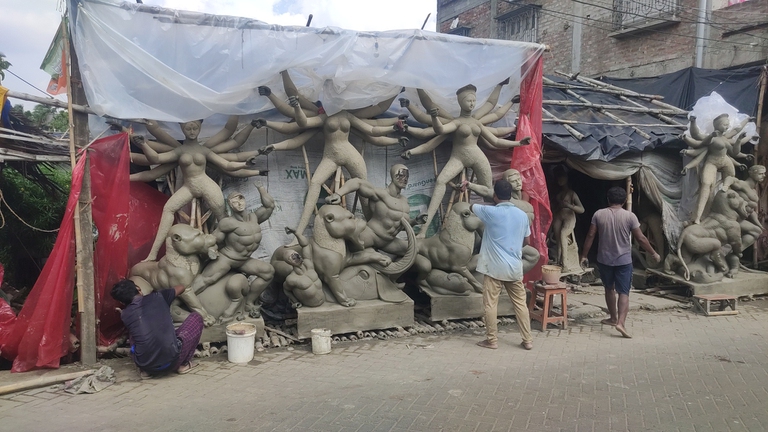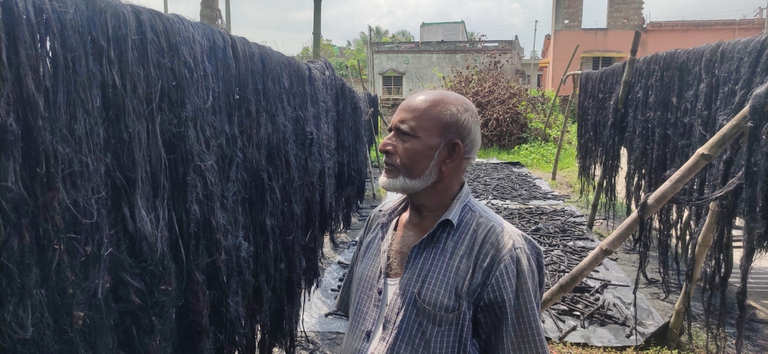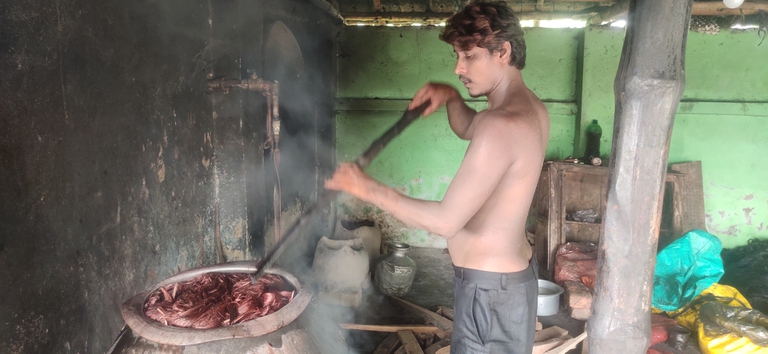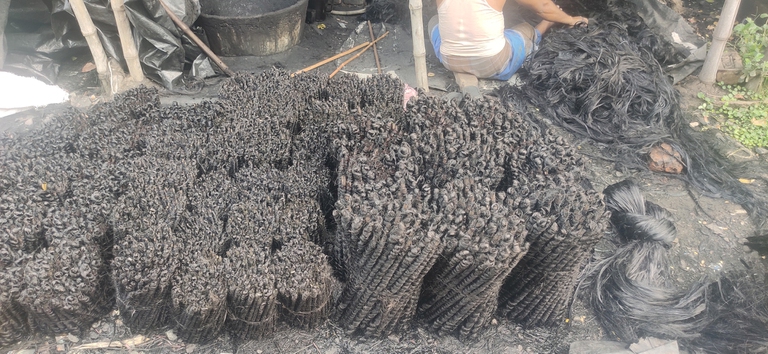
Even Cinema can reduce its ecological footprint, both in technical operations and in storytelling. TorinoFilmLab shows how.
Communities across India are celebrating Durga Puja, a festival that stands as an example of the communal unity which is under threat in the country .
Durga Puja, the biggest carnival of West Bengal, is currently taking place after weeks-long preparations on a grand scale. The festival is celebrated for the victory of the Goddess Durga in her battle against shape-shifting asura (demons). The celebration is seen as a victory of good over evil. No effort has been spared to make the festival a successful affair, especially since it is the first time celebrations are taking place since the easing of Covid restrictions.
The ten-day event, usually celebrated in the month of October and November every year, is a major festival for the Hindu community across India and particularly in West Bengal, where it was inscribed in the intangible cultural heritage list by UNESCO in December 2021.
Several thousand artisans, mostly Hindus, worked across the clock to make the giant clay idols of the goddess that now adorn the various pandals (temporary decorative sheds) across the country. Sk. Shahbuddin hardly slept for more than three hours during the 15 days leading up to the festival. The 32-year-old artisan was making the locks of artificial hair that would cover the head of the goddess. He has several thousand bundles of orders for the hair extension required by idol makers.
Despite hailing from a Muslim community with a completely different set of traditions from those in Hindu culture, Shahbuddin has been making these locks of hair for the past several years. And he is not alone. Over 900 Muslim artisans in Parbatipur, a village in the Howrah district of West Bengal, have been manufacturing the hair for the goddess for over six decades.
The hair extensions made in the village decorate over 40,000 Durga idols in every nook and corner of the state during the Durga Puja festival. “The artificial hair that we make is used to decorate the goddess across the state and beyond. We are a Muslim community with different beliefs and traditions but we still work for the Hindu goddess’s festival. We have never thought that there is anything wrong with this,” Shahbuddin said in the lead-up to the festival, working against the clock to complete his work. “This is the peak season for us because the festival is about to begin. We have to dispatch the goods as soon as possible”. The village might be the only place in West Bengal where Muslim artisans make hair extensions for the Hindu goddess.
But how did the tradition of Muslims making artificial hair for the Hindu goddess begin in Parbatipur? Veteran artisan Nur Hossain (65) sheds some light on this history. “The work was started here by Ekhlas Chacha, a Muslim villager who had learnt the craft from outside and decided to take up this activity in the village around six decades ago. Before that, the hair extension for the goddess were made from another material that was very expensive. This led to an increase in the price of the idol. But Ekhlas replaced the costlier material with hair made using dyed jute bales. As a result, Puja organisers began to flock to him for orders”.
“Young people in the village, who lived in poverty and were illiterate, decided to join him in the work and the number of artisans gradually began to increase. He also convinced villagers to start their own units and the business started to flourish here,” Hossain explains. The artisans say that the hair extensions are made from jute bales which are dyed black and left to dry for several days before undergoing at least 14 different processing steps. They are then packed and sent to the Puja organisers.
Even though the festival is being held on a grander scale to celebrate its return after the pandemic, the mood among the artisans is not entirely positive. “The past two years were horrific because there was no work. Even affording basic family expenses became difficult. The waning of the pandemic has helped us to start afresh again. We’ve received good orders this year and our work is proceeding in full swing,” says Anwrul Hossain (40), a local artisan. “However, the rising cost of raw materials has made it difficult for us to get good prices for the hair from the idol makers, who refuse to pay more, citing budgetary constraints. We have no alternative but to continue doing our work because it’s the only source of livelihood for us. We might not be able to make good profits this year, but at least the easing of the pandemic has brought business back on track.”
Some of the artisans also pointed out that the income they generate is not enough to compensate for the hard work required for the festival. “We have to stand in front of the furnace to dye the hair in huge containers. The temperature is very high and can often lead to respiratory issues. Many of us suffer from chronic coughs and other health issues,” says Shaihuddin Mullick (26), a young artisan. “We also have to stand under the scorching sun to check that the bales are properly dried after they are dyed. It takes a toll on our health. We barely earn Rs 10,000-12,000 after toiling for many hours each day”.
What’s more, the idol makers also say that they are suffering their own losses. “The cost of raw materials like mud, straw, and bamboo used for making idols has risen astronomically. We hardly make any profits by selling the idols. The organisers refuse to pay us more, saying they aren’t getting enough donations. The situation is bad, there isn’t much profit this year,” said Badal Das (75), a veteran idol maker in West Bengal.
Despite the hard work and diminished profits, the artisans say that the festival still stands as a perfect example of a strong social fabric in India, which is in danger of being eroded because of attempts to undermine unity by certain sections of society for their own vested interests. “We pray before the goddess to never allow anyone to break this unity among the two communities who have lived, laughed and cried together since time immemorial”.
Siamo anche su WhatsApp. Segui il canale ufficiale LifeGate per restare aggiornata, aggiornato sulle ultime notizie e sulle nostre attività.
![]()
Quest'opera è distribuita con Licenza Creative Commons Attribuzione - Non commerciale - Non opere derivate 4.0 Internazionale.
Even Cinema can reduce its ecological footprint, both in technical operations and in storytelling. TorinoFilmLab shows how.
Kyoto’s premier photography festival, Kyotographie, grows in stature with the launch of a new music festival, Kyotophonie, held in the spring and autumn.
The small state of Mizoram in northeast India has a thriving handicraft industry, with artisans making a living by selling products made from bamboo.
Many British cultural institutions have ended their relationship with oil giant BP in recent years, thanks to pressure from activists and the public.
Through stories of encounters between humans and animals, Our Wild Calling offers a way out of an age of solitude. We speak to author Richard Louv.
Survival, multiculturalism, plastic islands. Musician Grey Filastine recounts his adventure aboard the Arka Kinari, which set sail in 2019 and spent much of last year adrift in the Pacific because of the pandemic.
Chinese filmmaker Chloé Zhao made history, becoming the first Asian woman to win an Academy Award as well as a Golden Globe for Best Director for Nomadland.
A list of some of the best films on ethical and sustainable fashion shown at past editions of the Milan Fashion Film Festival.
“For there is always light, if only we’re brave enough to see it”. Meet Amanda Gorman, the young Black poet who capitvated hearts at Biden’s inauguration.











